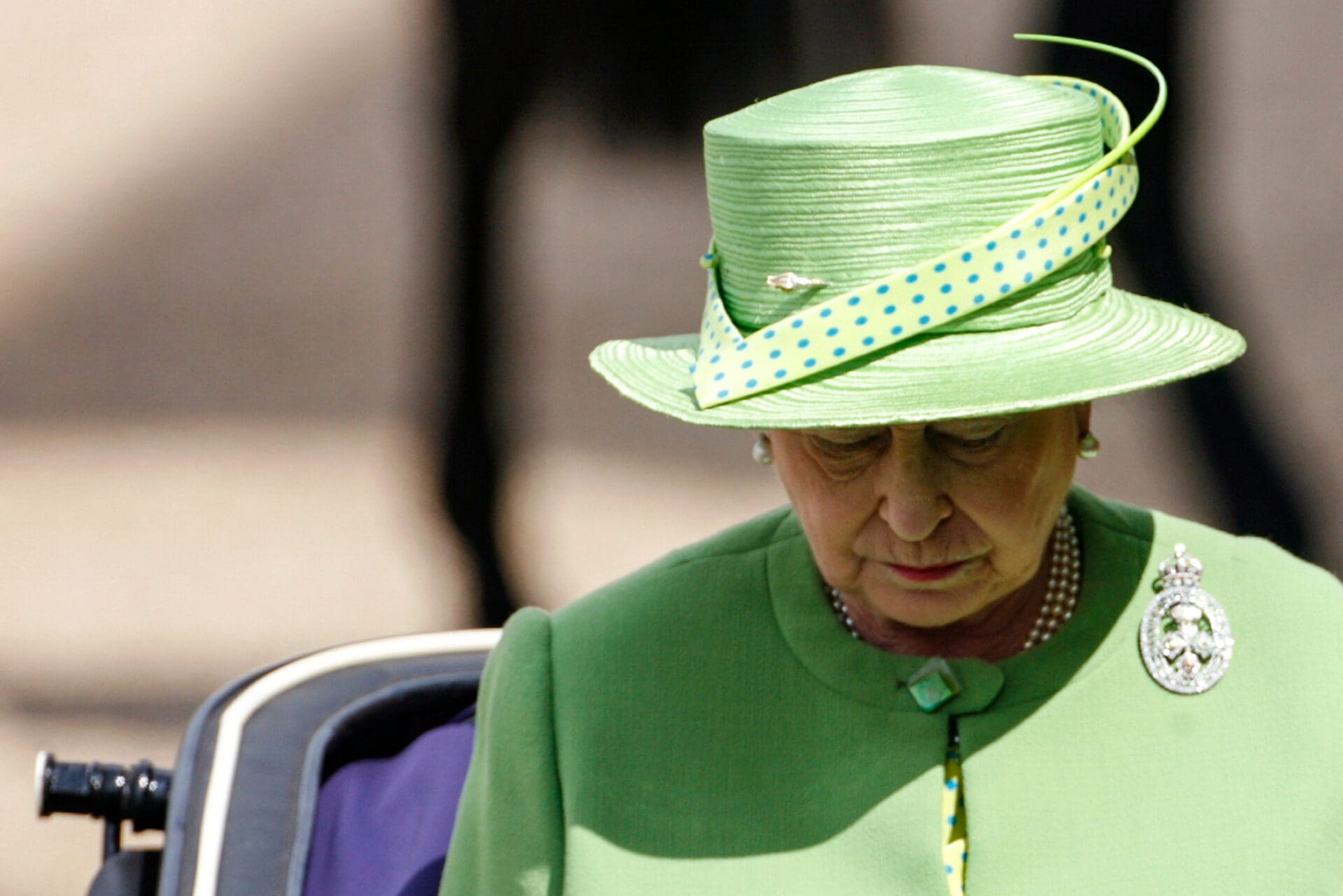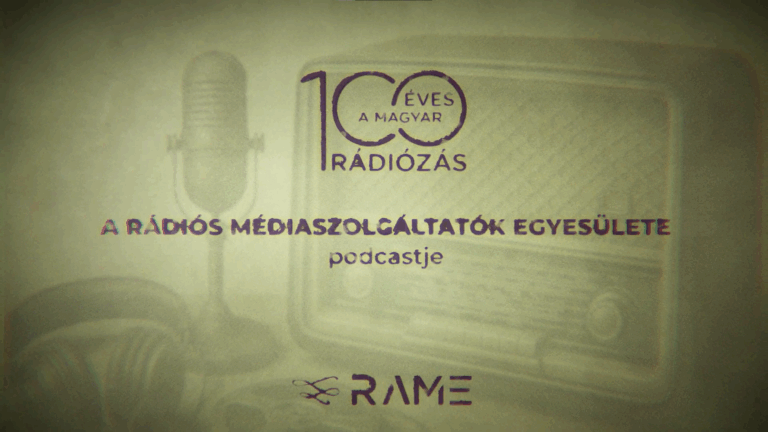On Thursday evening, the whole world was shocked by the news of Queen Elizabeth II’s death. The Queen, who passed away at the age of 96 after ruling the United Kingdom for over 70 years, is mourned not only in Great Britain, but all across the globe. Like everywhere else in the world, Queen Elizabeth II was loved and honoured in Hungary, too. Her important state visit to the country brought a sense of pride and belonging to the free Western world to all Hungarians after the Iron Curtain collapsed and Hungary could step onto the path of democratisation.
On the occasion of the 70th anniversary of Queen Elizabeth II's accession to the throne, her #PlatinumJubilee, I sent a congratulatory message to Her Majesty the Queen. pic.twitter.com/Ywe3osrA7x
— Katalin Novák (@KatalinNovakMP) June 2, 2022
The Queen paid a state visit to Hungary in May 1993. After being greeted with military honours in front of the Parliament, she visited important historical sites as well as the National Széchényi Library. Her Majesty’s visit was not limited to Budapest only. She travelled to a number of other destinations as well, including Kecskemét, Bugac, and the Hortobágy. The most notable event during her trip was a dinner with President of the Republic Árpád Göncz. On this evening, the Queen spoke emotionally about her visit to Hungary, expressing how much she always wanted to visit the country. She reminded that while the two nations had sometimes fought on different sides of history, the United Kingdom and Hungary always shared one thing—a unique sense of hope. ‘We observed with admiration and joy everything that the Hungarians enriched the world of science, music, arts and literature with’, she continued. Later, in her address to the Hungarian National Assembly, she emphasised her and the United Kingdom’s joy that Hungary had joined the group of democratic nations. Her Majesty’s welcoming message at the time was very important for a country that had just regained its freedom after decades of state socialist rule. Her visit symbolised the fact that Hungary is welcome in the West, and that the country’s struggle for democracy was successful.
The Queen’s Hungarian heritage also came up during her visit in 1993
As many of our readers may know, Queen Elizabeth II’s great-great-grandmother was Klaudia Rhédey, a Transylvanian countess. The Queen’s Hungarian heritage also came up during her visit in 1993. As a child she loved listening to stories about her family’s history from her grandmother; and Klaudia Rhédey was one of the heroes of these bedtime stories, she recalled during her visit. Of the royal family, it was not only the Queen who had sweet personal memories with regard to Hungary. Prince Philip had also developed personal ties with the country, visiting Hungary multiple times. It was his appreciation of horses and Hungarian horse-riding traditions in particular that drew him to the country. In 1973, he visited Bábolna to participate in horse-riding demonstrations, and later he attended a horse-riding world championship in Kecskemét. Prince Philip fell in love with Kecskemét so much that he insisted on visiting the city again during the royal couple’s state visit to Hungary in 1993.
The Queen’s eldest son, the new king of the United Kingdom, King Charles III also has a special relationship with the Hungarian nation and with Hungarian folk traditions. He has been paying regular visits to Transylvania since 1988, especially since he purchased a country house in Zalánpatak, a traditional Sekler village. During his annual visits to Transylvania the new king developed a strong affection for Hungarian folk music, so much so that on his 70th birthday the folk group ‘Szalonna és bandája’ was invited to perform in Buckingham Palace for his personal entertainment. The group has been quoted in the media as saying that they have been to the UK many times since the birthday celebration, as King Charles III enormously appreciates their music.
Because of the special relationship Hungarian people feel they have had with her, Hungary mourns the Queen’s death and honours her legacy with genuine sadness. Her reassuring and transformative words to the citizens of the country in 1993 will not be forgotten. While the world will always cherish the memories of the late Queen’s life, it is also the time now to welcome the new monarch of the United Kingdom and wish him a long and successful reign, hoping that King Charles III’s love of Hungarian culture will further strengthen the excellent relations between our nations.








